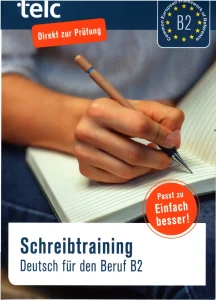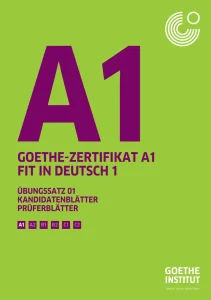WH- words – Easy Learning Grammar
The WH- words are also called interrogatives. They are used for WH- questions. They can be determiners, adverbs, or pronouns.
WH- determiners
When used as determiners, what, which, or whose can be used to ask questions:
- about nouns
- What book are you reading?
- Which plane is he catching?
- Whose jacket is this?
- or about the pronoun one or ones.
- Which one would you like?
- Which ones did Ruth want?
- The determiner which can be used in questions about selecting. It can also be used together with the preposition of for the same purpose.
- Which colour shall we use?
- Which book sells the most copies?
- Which of these colours shall we use?
- Of all your novels,which of them did you enjoy writing the most?
- The determiner whose asks about possession with reference to a person as the possessor.
- Whose mother did you say she was?
- Whose bag is this?
WH- adverbs
The adverb WH- words, when, where, how, and why, always make the sentence follow the interrogative word order.
- When asks about time.
- When will they arrive?
- When shall I see you again?
- Where asks about place.
- Where are you going?
- Where have you been?
- Where is your coat?
- How asks about manner.
- How did you get here? – We came by train.
- How does this thing work?
- Why asks about reasons and purpose. Questions with why are usually answered with a clause containing because to express reason, or with the to infinitive to express purpose.
- Why is the baby crying? – Because she’s hungry.
- Why are you saving your money? – To buy a bike.
- How much implies reference to a quantity; how many implies reference to an amount or a countable number of things but may leave out the noun referred to.
- How much money did they take? – All of it.
- How much does it cost? – £4.20.
- How many packs do you want? – Twelve, please.
- How many do you want? – Twelve, please.
- How can also be used with adjectives such as old, big, far, or with adverbs such as often, soon, quickly to ask about degree, rate, or timing.
- How far is it to the station? – About five kilometres.
- How often does he come? – Not very often.
WH- pronouns
The pronouns who, whose, which, and what can be the subject or object of a verb.
- Who can help me?
- Whose is the new sports car outside?
- Which was your best subject at school?
- What happened next?
- What have you got to take with you to camp?
The interrogative pronoun whose is used when the question is asked about a person as the possessor of something. See also Pronouns on interrogative and relative pronouns.
- Whose is the motorbike parked outside?
- Whose is this?
- The form whom is used as the object of a verb or of a preposition in very formal or old-fashioned English.
- Whom did you talk to?
- Whom would you rather have as a boss?
Modern English usage prefers who instead of whom in all but the most formal contexts.
- Who did you talk to?
- Who would you rather have as a boss?
When whom is used as the object of a preposition, it normally follows the preposition.
- To whom did you speak?
- With whom did she go?
When who is used, the preposition is placed at the end of the clause.
- Who did you speak to?
- Who did she go with?
The WH- subject pronouns are found in the same sentence order as statements: WH- subject pronoun + the main verb.
- Who can help me?
- Whose is that motorbike parked outside?
- Which was your best subject at school?
- What happened next?
The WH- object pronouns make the sentence take the word order of a question: WH- object pronoun + primary or modal auxiliary + subject + base form of the verb.
- What do you have to take with you to camp?
- What has Jonathan done now?
- The exception to this is in informal spoken English, when the speaker wants to show shock or disbelief.
- You did what?






